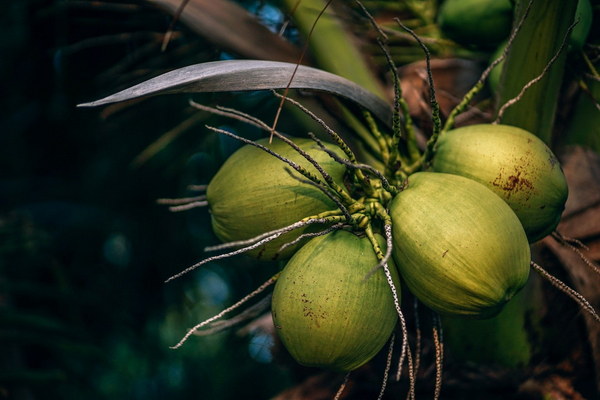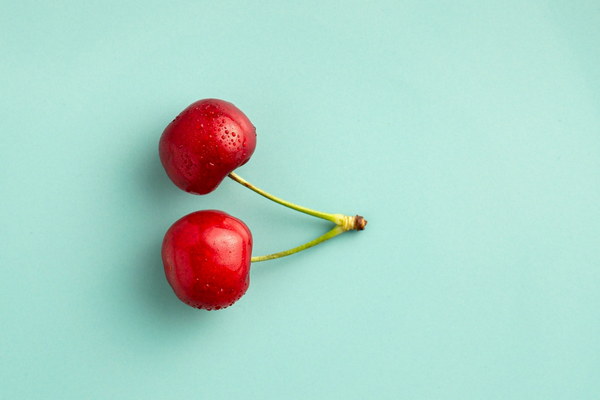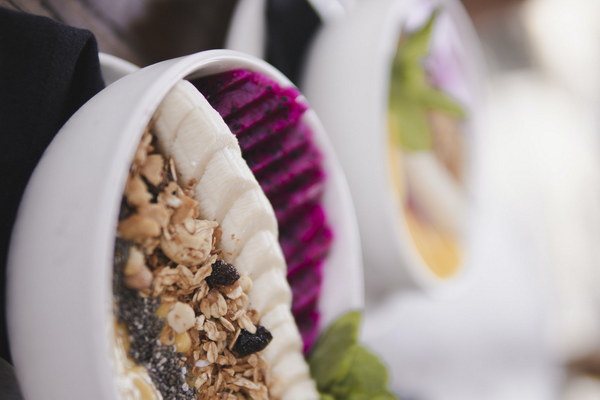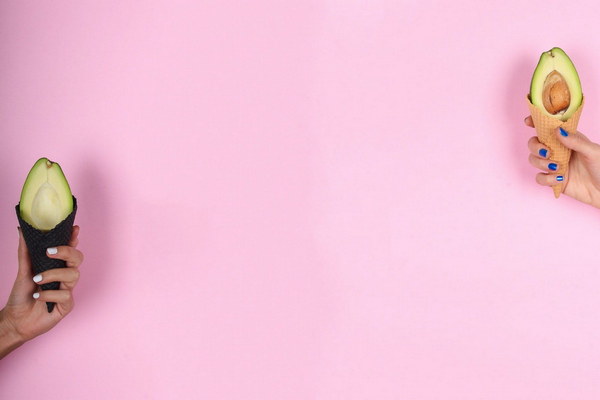Revitalize Your Body A Comprehensive Guide to Nourishing Blood and Qi through Chinese Health Practices
In the realm of traditional Chinese medicine (TCM), the concept of blood and Qi is integral to understanding and maintaining overall health. Blood, or Xue, is seen as the substance that nourishes and protects the body, while Qi, or Chi, is the vital life force that animates and energizes us. Both are essential for good health, and a deficiency in either can lead to various ailments. Here is a comprehensive guide on how to nourish your blood and Qi through the principles of TCM and modern wellness practices.
Understanding Blood and Qi
Blood in TCM is not merely the red liquid that flows through our veins but a metaphor for the body's vital substances. It is responsible for nourishing the tissues, maintaining warmth, and providing the foundation for physical and emotional health. Qi, on the other hand, is the energy that flows through the body's meridians, fueling all physiological processes.

1. Diet for Blood and Qi
A balanced diet rich in nutrients is crucial for replenishing blood and Qi. Here are some key dietary recommendations:
- Iron-Rich Foods: Incorporate iron-rich foods like red meat, fish, poultry, beans, lentils, and green leafy vegetables to support blood health.
- Vitamin C: This vitamin enhances iron absorption. Citrus fruits, strawberries, bell peppers, and kale are excellent sources.
- Hematinic Herbs: Herbs like ginseng, Astragalus, and Codonopsis are known for their hematinic properties, which help in the production of red blood cells.
- Warm and Nutritious Foods: TCM emphasizes the consumption of warm and nourishing foods to boost Qi. Soups, stews, and warm teas are ideal.
2. Exercise for Blood and Qi
Regular exercise is essential for maintaining healthy blood and Qi circulation. Here are some activities recommended:
- Tai Chi: This gentle form of martial arts promotes relaxation, balance, and the flow of Qi through the body.
- Qi Gong: Similar to Tai Chi, Qi Gong focuses on cultivating Qi through controlled movements, breathing exercises, and meditation.
- Yoga: Yoga combines physical postures, breathing exercises, and meditation to enhance blood circulation and boost Qi.
3. Acupuncture and Massage
Acupuncture, a key component of TCM, involves inserting fine needles into specific points on the body to unblock the flow of Qi and blood. It can be particularly effective for conditions related to blood and Qi deficiencies. Massage therapy can also help by promoting relaxation and improving blood circulation.
4. Mental and Emotional Well-being
The mind and emotions play a significant role in the health of blood and Qi. Stress, anxiety, and negative emotions can disrupt the flow of Qi and weaken the body's defense mechanisms. Here are some strategies to foster mental and emotional well-being:
- Mindfulness and Meditation: Practices such as mindfulness meditation can help calm the mind, reduce stress, and improve emotional balance.
- Social Support: Building and maintaining strong social connections can provide emotional support and reduce feelings of loneliness.
- Hobbies and Interests: Engaging in hobbies and interests can help distract from stress and provide a sense of fulfillment.
5. Lifestyle Adjustments
Several lifestyle adjustments can contribute to the nourishment of blood and Qi:
- Adequate Sleep: Quality sleep is essential for the body to repair and regenerate itself, including blood and Qi.
- Avoiding Toxins: Reducing exposure to harmful substances like tobacco, alcohol, and excessive caffeine can help maintain healthy blood and Qi.
- Moderation in All Things: Practicing moderation in diet, exercise, and work can prevent excesses that may deplete blood and Qi.
By following these practices, you can nourish your blood and Qi, promoting overall health and well-being. Remember, the journey to optimal health is a continuous process, and it's important to listen to your body's needs and adjust your practices accordingly.









